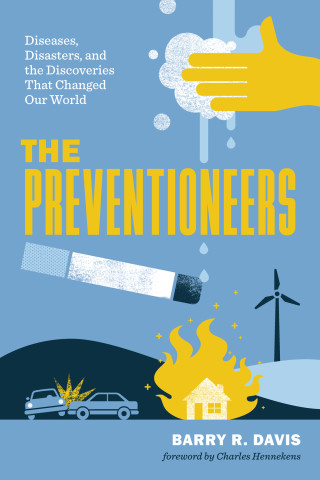
Reviews
An outstanding book that outlines key determinants and conceptual frameworks for behaviors and behavior change, Health Behavior Change in Populations represents a major contribution to the field. Required reading for any course on health behavior change.
Book Details
Foreword by William H. Dietz
1. Introduction
2. Conceptual Framework for Behavior Change
3. Evidence and Ecological Theory in Two Public Health Successes for Health Behavior Change
4. Extending the
Foreword by William H. Dietz
1. Introduction
2. Conceptual Framework for Behavior Change
3. Evidence and Ecological Theory in Two Public Health Successes for Health Behavior Change
4. Extending the Ecological Model: Key Stakeholders and Organizational Partnerships
5. Program Planning for Behavior Change Interventions
6. Behavior Change at the Intrapersonal Level
7. Behavior Change at the Interpersonal Level: Social Networks
8. Behavior Change at the Environmental Level
9. Evaluating Behavior Change Programs
10. Tobacco and Behavior Change
11. Alcohol and Behavior Change
12. Substance Abuse and Behavior Change
13. Obesity and Eating Behaviors and Behavior Change
14. Physical Activity and Behavior Change
15. Unintentional Injury and Behavior Change
16. Workplace Injury and Behavior Change
17. Violence and Behavior Change
18. Sexual Risk and Behavior Change
19. Clinicians and Behavior Change
20. Behavioral Economics and Incentives to Promote Health Behavior Change
21. Complexity, Systems Thinking, and Health Behavior Change
22. Patient and Consumer Activation for Health Behavior Change
23. Empowering Patient Communication
24. Health Risk Assessment
25. Chronic Conditions and Population HealthManagement for Health Care Systems
26. Health Behavior Change in Persons withDepressive Disorders





